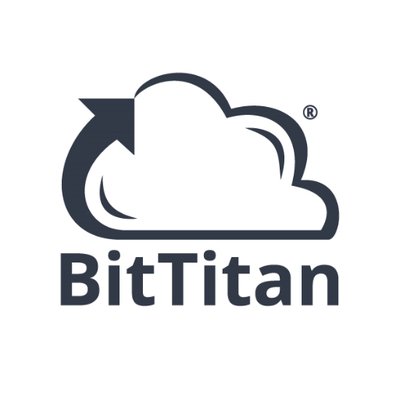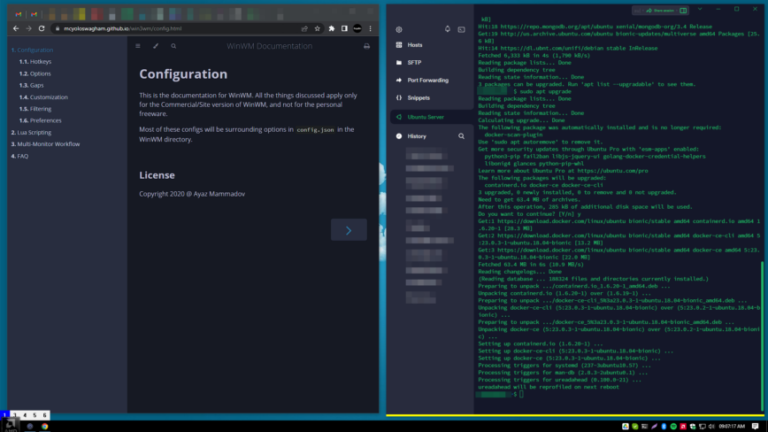
Wearable devices and real-time patient health-tracking applications have spurred technological advancements in the healthcare industry. As a result, healthcare systems are relying more and more on technology to give consumers access to accurate and timely care.Want to learn more? Explore our Drupal capabilities and healthcare expertise to see how Bounteous can help support your organization’s digital transformation.
Healthcare Applications That Benefit from Drupal
Drupal’s robust, flexible, and secure architecture makes it an optimal choice for healthcare systems aiming to streamline IT operations and enhance patient experiences. With its advanced integration capabilities, efficient multi-site management, and dedication to accessibility, Drupal addresses the unique challenges faced by healthcare providers, making it a strategic investment for the future.
- Electronic health records (EHR) enable medical information to be documented, stored, and shared among various organizations within health systems. This allows providers to diagnose and treat faster, while accurately tracking a patient’s medical history.
- Patient portals give consumers more control over their healthcare by enabling them to schedule appointments, message providers, manage prescriptions, and make payments.
- Health and wellness applications, when paired with wearable technology such as fitness bands or wearable medical devices. These apps help consumers track their health and habits, and can report trends to providers.
Why Drupal for Healthcare Systems?
A scalable, integrated content management system (CMS) enables healthcare systems to increase service offerings in less time, which is why Drupal has become the CMS of choice for many large health systems.
Security
Drupal addresses the need for accessibility right out of the gate with its flexible theming system that meets all requirements in Section 508 of the Web Content Accessibility Guidelines (WCAG) This allows healthcare systems to meet their consumers and providers where they are, regardless of disability. Also, its multilingual features can help users develop location-based, language-specific websites for desktop and mobile.
Integrations
Several healthcare applications that consumers and healthcare providers use are excellent use cases for Drupal:
Multi-Site Management
Healthcare systems are large and can span multiple states, time zones, and IT systems. It’s critical for their CMS to be fully integrated to handle the flow of information across internal and external systems. Drupal’s architecture is scalable, making it the most flexible CMS for third-party integrations, including multiple EHR, patient portals, prescription portals, billing portals, and more.
Accessibility
Drupal, an open-source CMS, provides flexibility and a robust architecture that makes it the ideal choice for elevating the patient experience. With Drupal, healthcare systems can create personalized, secure, and accessible digital experiences that support patients and healthcare staff. It enables healthcare systems to address security concerns, internal and external integrations, multi-site management, and accessibility needs.
Historically, healthcare systems have not used open-source CMS solutions because of security and privacy concerns. But newer versions of Drupal (Drupal 8 and above), provide additional security features via contributors who have addressed vulnerability issues and breaches. Today’s healthcare systems can be confident in patient and system data remaining confidential.
Maintaining websites for the various departments within healthcare systems can be difficult, as each department has its own types of content and functionality needs. Drupal can provide needed consistency and faster content sharing between these websites, while maintaining varied functionalities. One of Drupal’s key features is enabling content to be pushed to multiple sites in various formats at the same time.





